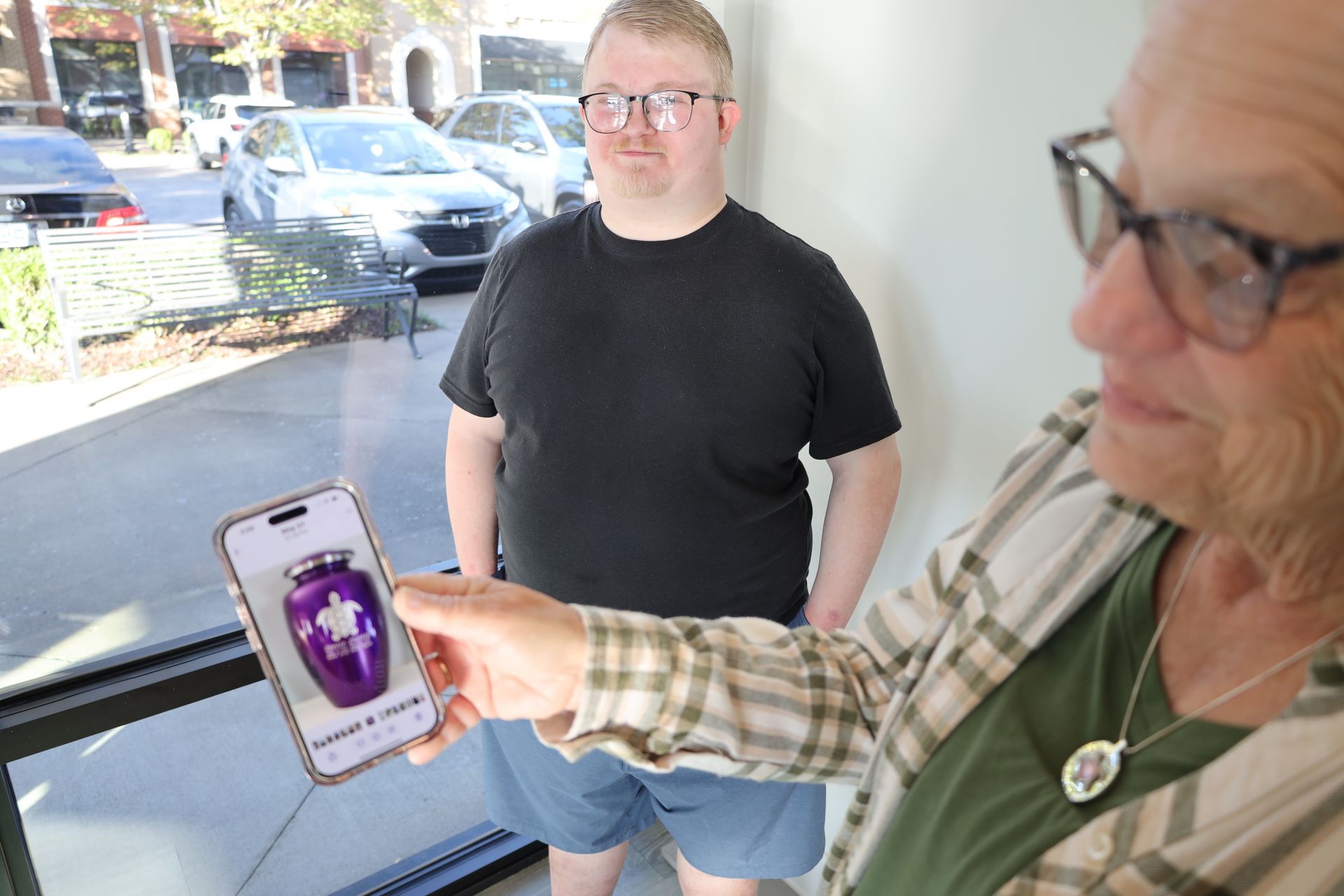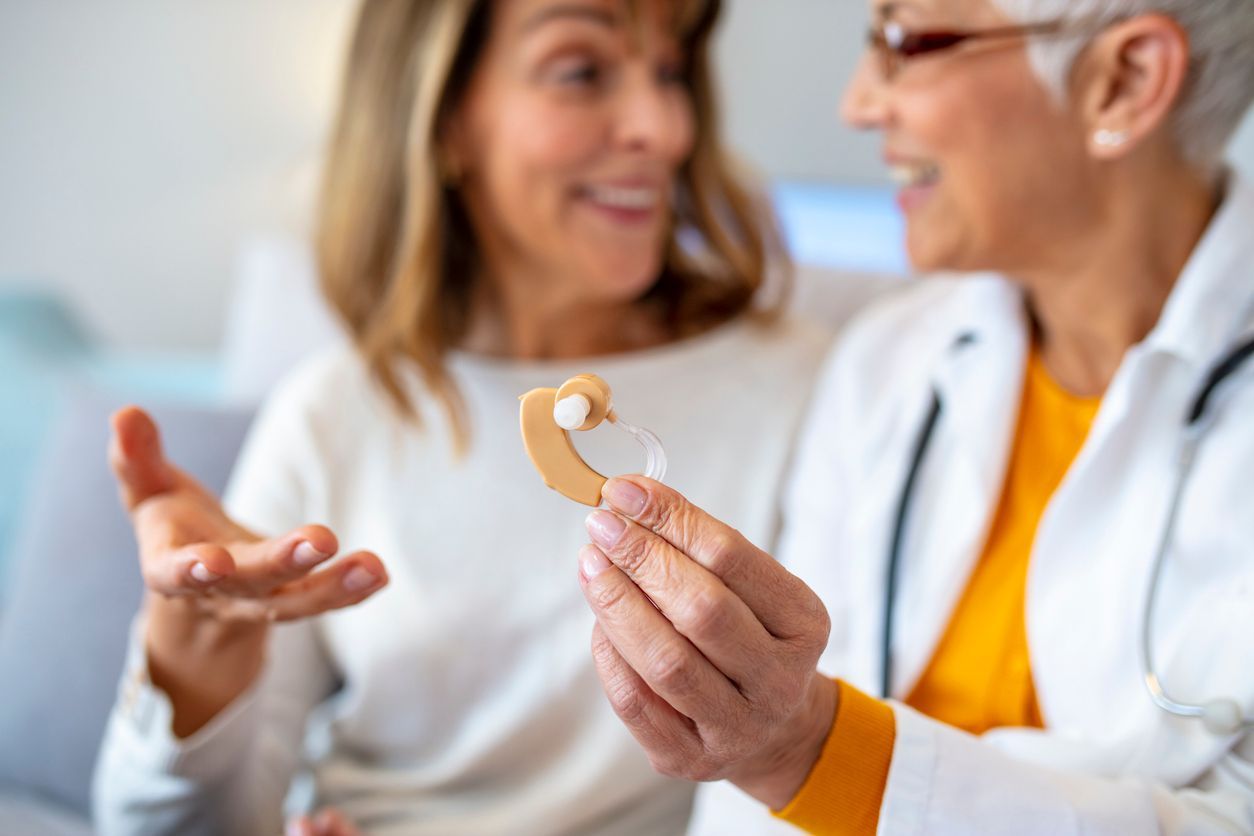Can Hearing Better Help You Think Better?
The Surprising Link Between Hearing Health and Brain Function

Do you want to stay mentally sharp throughout life? All of us do, right? We want to think and reason effectively, make good decisions, and keep the knowledge we have already gained. We want to continue to expand our intelligence and experiences and increase our understanding of the world around us. We want to have meaningful, positive relationships with family, friends and workmates and stay socially active and mentally and emotionally engaged. Different parts of the brain control each of these functions, and a healthy brain can mean a healthier, happier life.
Eating nutritious foods, staying hydrated, getting restorative sleep and plenty of exercise are tactics all of us seem to recognize as “no-brainers” for a healthy lifestyle. But did you know that maintaining your sense of hearing is also an important part of keeping your brain healthy?
Your brain’s temporal lobe sits behind the ears and crosses both left and right brain hemispheres. It is the second largest lobe in the brain and has some very important functions. The temporal lobe:
- is responsible for processing the auditory information your ears are gathering—everything from language and speech to the myriad of other sounds you encounter daily.
- is where memory encoding takes place. Memory encoding refers to the initial learning of information as your brain gathers various sensory input—like internal thoughts and external events—and solidifies them as short term and long-term memories.
- plays an important role in learning and remembering verbal information.
- manages emotions like fear and anxiety and also contributes to the good feelings you experience when you get a reward.
- has a visual aspect as it helps with recognition of objects, including complex objects, such as faces.
Obviously, the temporal lobe is doing some heavy lifting when it comes to your body’s function and well-being, and it relies heavily on sound input to kick start it into action. This is true for those with undamaged hearing AND those with hearing loss that is being re-engaged with the help of amplification technology, like a hearing aid or a cochlear implant.
The case for addressing hearing loss at first onset is clear and can lead to a host of benefits. Here are three:
- Addressing hearing loss sooner rather than later can help you adjust to hearing aids quicker and more smoothly. When hearing loss is left untreated for a long period of time, your brain “forgets” how to hear and must re-learn those skills when you are fit with hearing aids.
- Healthy hearing can help you stay socially engaged and active with friends and family, which studies suggest is a key factor in overall happiness, mental and emotional well-being, and life satisfaction. By contrast, hearing loss can lead to isolation as a person struggles to keep up with basic conversations.
- Hearing loss creates a heavy “cognitive load” since struggling to hear requires greater listening effort, which can be exhausting. It also saps the mental energy your brain needs to conduct other tasks. Treating hearing loss rebalances the cognitive load.
In a nutshell, healthy hearing helps you think, remember and learn. We all want to live happy, healthy lives, and addressing hearing loss is a pro-active choice you can make to reach that goal. Click here to learn more about how hearing loss and brain health are closely connected.
Do you want to get on the road to healthy hearing and help your brain in the process? Call today to schedule an appointment at Johnson Audiology or book online at
www.johnsonaudiology.com/schedule.
Recent Posts



